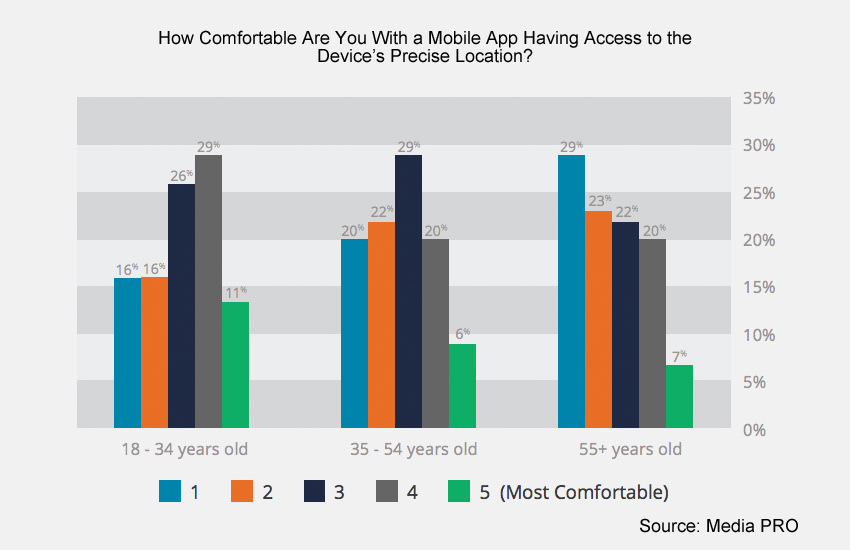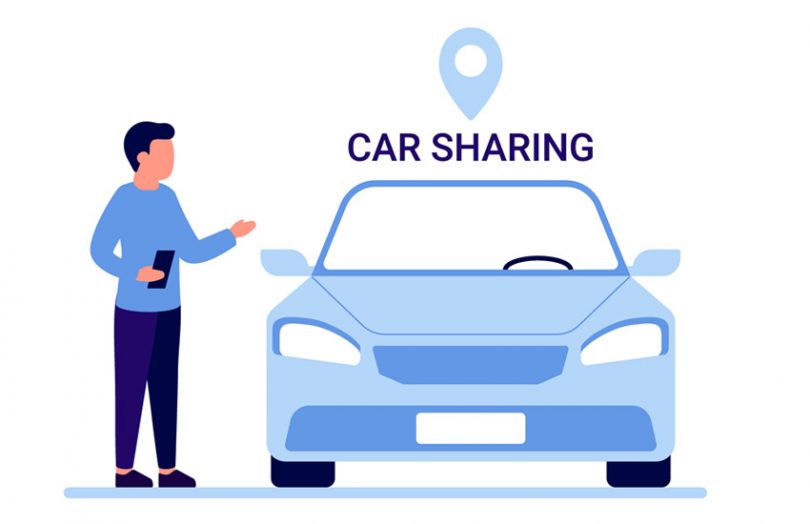Today IoT and blockchain firm RIDDLE&CODE unveiled Drive&Stake, a new solution to share data for cars, including ride-sharing, car sharing or using autonomous cars. Partners in the project are Ocean Protocol which uses blockchain to monetize data, ELOOP, the Austrian electric vehicle car sharing solution, and EFS Consulting.
The big question is, what does this new solution do? To answer that, one needs to consider who would find mobility data useful. Think car manufacturers to monitor car performance, fleet managers, insurance companies to assess your driving behavior, and leasing companies. There are also ESG applications where ELOOP records C02 savings and mileage of electric vehicles.
In 2019 we wrote about a RIDDLE&CODE application for Daimler where an in-car IoT device assigns the car a Vehicle identity (VID). The device ensures data provenance and also provides a means for settlement for car or ride sharing.
Roll forward to today and Drive&Stake aims to incentivize drivers to share their driving data and earn reward tokens that can be exchanged for conventional money. The data is securely shared using blockchain. The device can also be used to make payments for short term car rentals and the like.
There’s little doubt that businesses would like to access the data. What remains to be seen is what drivers feel about it. Will they treat it like just another consent button as found on the internet? Or will they be more sensitive about tracking their location?
It’s not really a new issue given mobile phones have the ability to track location data. In 2019 Media Pro surveyed more than a thousand people in the United States around privacy issues. Judging by the responses, a significant proportion of people under the age of 35 are reasonably comfortable with the concept. But the older group, ages 55 and above, is far less happy about sharing location data.

Another survey found that 57% of people were comfortable with tracking their location and 28% were neutral about it. However, there is a disparity between men and women, with females being less keen, primarily owing to safety concerns.






